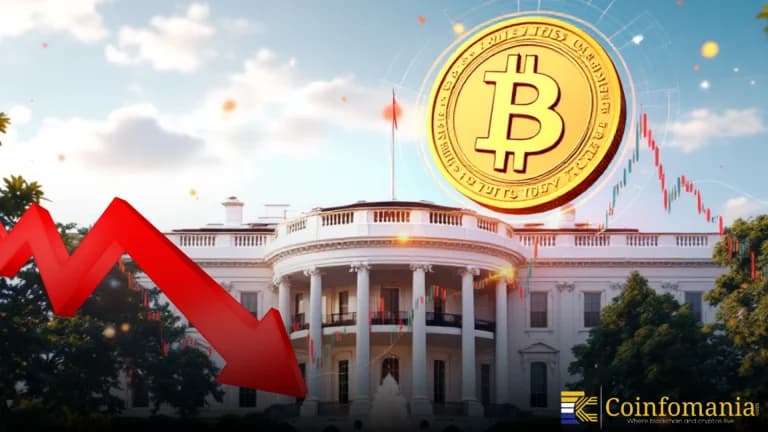Japan’s FSA Pushes for Major Crypto Reform Under Financial Law
Japan's Financial Services Agency proposes a crypto tax overhaul and legal Bitcoin ETFs by reclassifying digital assets under the Financial Instruments and Exchange Act.

Quick Take
Summary is AI generated, newsroom reviewed.
Japan’s FSA proposes reclassifying crypto under the Financial Instruments and Exchange Act.
Bitcoin ETFs could become legal for the first time in Japan.
The proposal suggests replacing the current 55% tax with a flat 20% on crypto gains.
Reform aims to attract investors and modernize Japan’s stance on digital assets.
Japan’s Financial Services Agency (FSA) has proposed a landmark reform to reclassify cryptocurrencies under the Financial Instruments and Exchange Act, a change that could have extreme consequences for the country’s digital asset landscape. According to a report by Cointelegraph, the proposal, if passed, would not only open the door for legal Bitcoin ETFs in Japan but also dramatically reduce the tax burden on crypto gains.
The plan marks a decisive shift in how Japan views digital assets, from speculative commodities to regulated financial instruments. The move is expected to encourage institutional involvement and increase retail investor confidence in crypto markets.
From 55% to 20%: A Game-Changer for Crypto Investors
Currently, Japanese residents face one of the highest crypto tax rates in the world. Gains on digital assets are treated as “miscellaneous income” and taxed progressively up to 55%, depending on income level. Under the FSA’s proposal, this system would be replaced with a flat 20% capital gains tax, aligning it with how traditional stock and ETF investments are taxed.
For Japanese crypto traders and long-term holders alike, this change could be transformative.
“This could finally bring tax clarity and fairness to the space,” says Ayumi Sato, a Tokyo-based blockchain accountant. “It not only eases the burden on individual investors but signals that the government sees crypto as part of the formal financial ecosystem.”
Legalizing Bitcoin ETFs: A Push Toward Institutionalization
Perhaps even more groundbreaking is the FSA’s intention to legalize Bitcoin exchange-traded funds (ETFs). While global financial centers like the U.S. and Hong Kong have recently moved toward ETF approval, Japan had remained cautious, until now.
By recognizing cryptocurrencies as financial instruments, the country could now support regulated crypto ETFs, bringing digital assets into the portfolios of pensions, banks, and traditional investors.
Industry leaders believe this will encourage wider market adoption. “ETFs offer a gateway for conservative investors to gain exposure without dealing with wallets, keys, or exchanges,” says Hiroki Tanaka, CEO of a Tokyo-based crypto fund.
Part of a Broader Trend in Asia-Pacific Regulation
Japan’s proposal comes at a time when regulatory clarity around crypto is becoming a competitive edge across the Asia-Pacific region. Countries like Singapore and South Korea are also racing to provide clear frameworks to attract blockchain startups, crypto exchanges, and institutional capital.
For Japan, already known for its tech-forward outlook and early adoption of Bitcoin (post-Mt. Gox), this reform is being viewed as a “return to leadership” in the crypto space.
What Happens Next?
The proposal is currently undergoing review and, if approved, could be implemented as early as the next fiscal year. While the legislative process may take time, the FSA’s intention is clear: to legitimize and integrate crypto into Japan’s financial mainstream.
With tax reform, ETF access, and legal recognition in one package, Japan may soon become one of the most crypto-progressive economies in the world.
Follow us on Google News
Get the latest crypto insights and updates.


